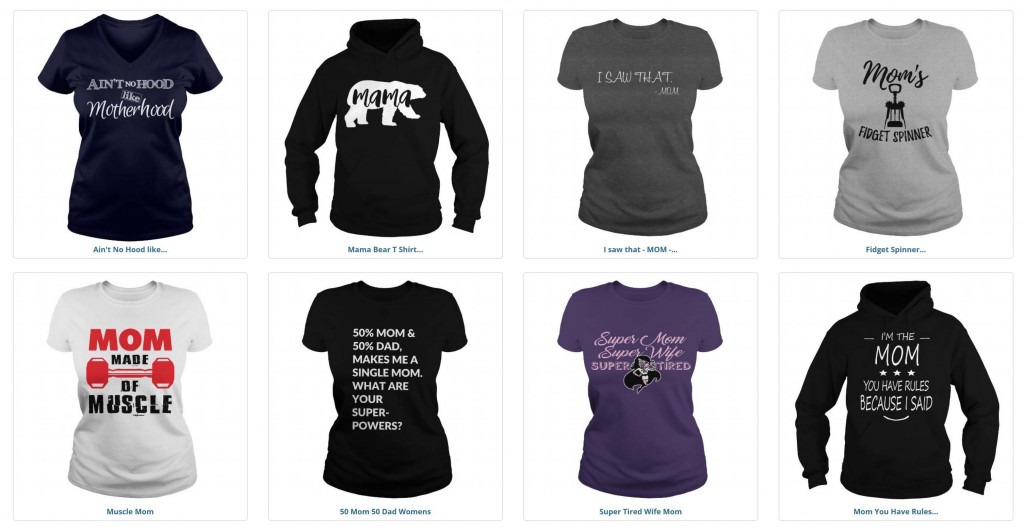Breast Pump: Checklist for Choosing The Right One
There’s so much to consider when you’re having a baby, especially if it’s your first. You may have already decided to breastfeed, but perhaps your partner would like to help feed the baby, too. What do you do? You may want to choose a breast pump. If so, the questions in this checklist can help you decide which one.
How often do you plan on breastfeeding?
If you’re going to be a stay-at-home-mom, you can breastfeed at any time of the day or night. You may not need a breast pump at all except to express breast milk so your husband can feed the baby. A manual breast pump may be all you need.
If you’re planning on going back to work, however, you may want something that won’t take as long when time is at a premium. Since there are electric breast pumps that can be used on both breasts at the same time, this option may be of interest to you.
What can you afford?
Not all insurance companies pay or assist in paying for breast pumps after you’ve had a baby. Higher end electric breast pumps may cost as much as $200, or even more. There are also models you can purchase from medical supply stores and some department stores. Choosing which model you get may be as simple as knowing how much you can spend or whether your insurance covers it.
How easy is it to take apart and reassemble?
This may be one of the most important factors. It is vital that the parts that touch the breast are kept clean. If the machine isn’t easy to take apart, wash, and reassemble properly you may not want to get it.
Do you want electric or manual?
Manual breast pumps work well enough, and you may want to consider one – especially if your area has frequent power outages. If you’re not concerned about that, you may want to get an electric breast pump. Most electric models have a back-up of some kind, either using single use batteries or a rechargeable battery pack. You may want to consider the rechargeable model so you don’t have to worry about not having fresh batteries when needed.
When you’re choosing a breast pump you may have a number of questions. If you know the answer to the questions above you may have a better idea of which breast pump is best for you. Don’t hesitate to contact a lactation consultant or breastfeeding advocacy group to get help if you need it.
Breastfeeding is a great experience that mothers have used for generations to feed their newborns and infants. There are times, however, when you can’t breastfeed for whatever reason. By going through the above breast pump checklist you can make the best decision on getting a breast pump to meet your needs.

